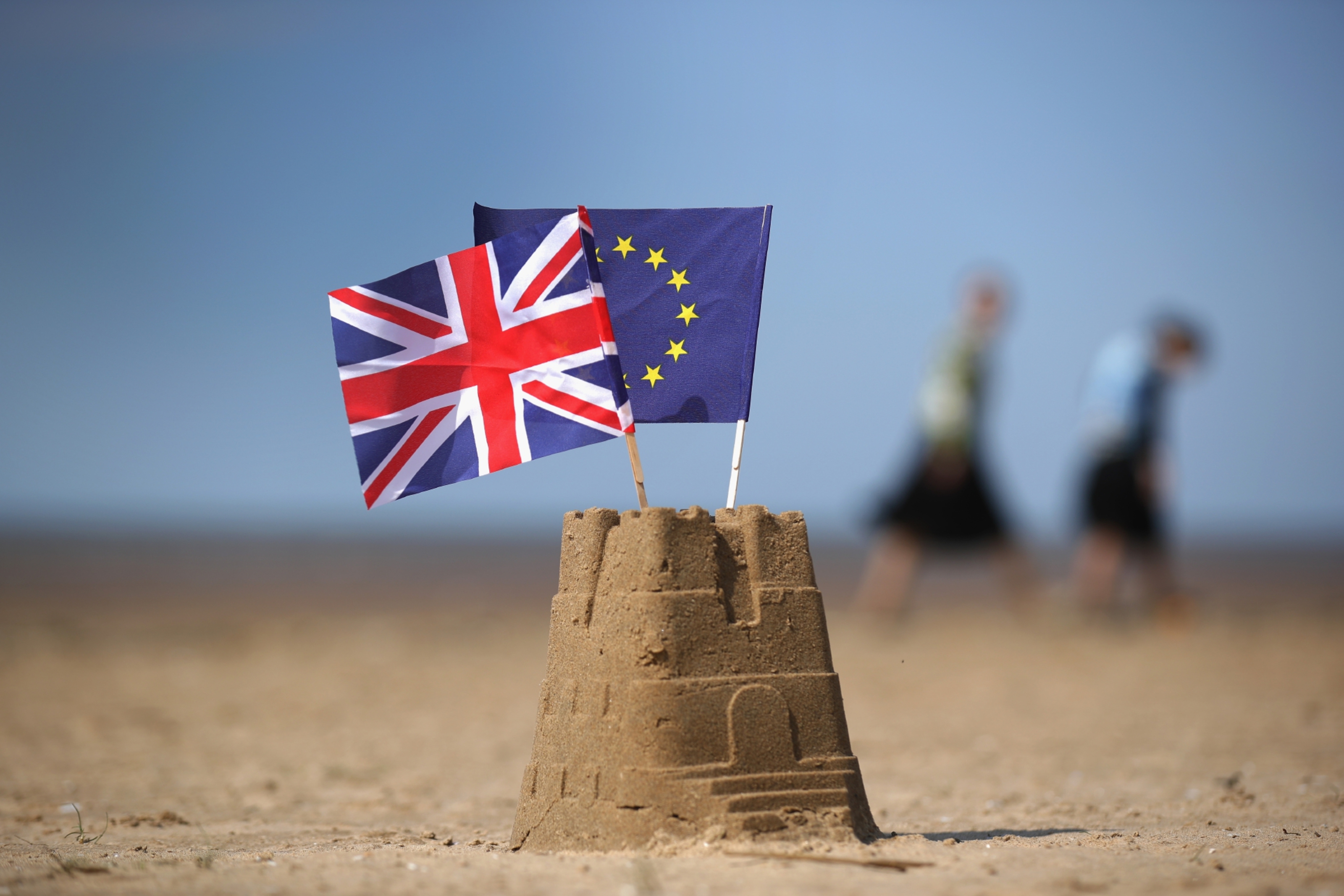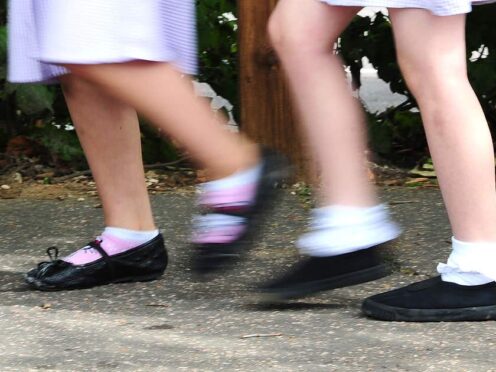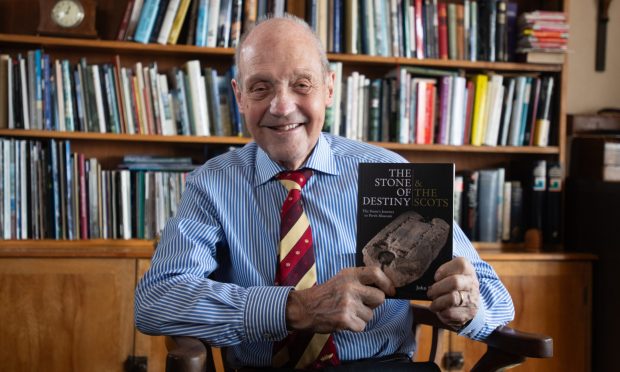Information about potentially key people at the centre of the Supreme Court’s Brexit case will be withheld due to “threats of serious violence”.
Lord Neuberger, the president of the Supreme Court, revealed the extraordinary step as the legal battle over whether the UK Government needs parliamentary approval to trigger Article 50 has reached the highest legal authority in the land.
The order means no one can publish or reveal the names of certain former claimants in proceedings, the names or addresses of any children who are interested parties, any information likely to lead to the identification of those people or their families in connection with these proceedings, or the home address of the First Respondent to the case.
Lord Neuberger said: “We have made this order largely because various individuals have received threats of serious violence and unpleasant abuse in emails and other electronic communications.
“Threatening and abusing people because they are exercising their fundamental right to go to court undermines the rule of law.
“Anyone who communicates such threats or abuse should be aware that there are legal powers designed to ensure that access to the courts is available to everyone.”
The Supreme Court is being asked to overturn a High Court ruling that the Prime Minister must seek MPs’ approval to trigger the process of taking Britain out of the European Union.
In a decision that infuriated Brexiteers, three senior judges said Theresa May lacked power to use the royal prerogative to trigger Article 50 of the Lisbon Treaty and start the two-year process of negotiating Brexit without the prior authority of Parliament.
11 Supreme Court justices – a record number to sit on an appeal – will have their say on one of the most important constitutional cases in generations.
If the appeal is unsuccessful, and any potential further appeal to the European Court of Justice in Luxembourg also fails, the government’s timetable for Brexit could be thrown into disarray.
The Prime Minister has made it clear she intends to give an Article 50 notification by the end of next March to start negotiations with 27 other EU countries.
Brexit Secretary David Davis is leading the government’s historic legal action. His team of lawyers, headed by Attorney General Jeremy Wright, will argue in the four-day Supreme Court hearing that three High Court judges erred over Article 50 and its use was legally justified by the June 23 referendum vote in favour of quitting the EU.
The Scottish and Welsh governments and the Attorney General for Northern Ireland are all intervening in the case.
Scotland’s Lord Advocate James Wolffe QC is to argue that it would be unlawful for the Article 50 process to start without a legislative consent motion (LCM) from Holyrood.
Lord Neuberger added: “The Justices of the Court are of course aware of the public interest in this case.
“And we are aware of the strong feelings associated with the many wider political questions surrounding the United Kingdom’s departure from the European Union.
“However, as will be apparent from the arguments before us, those wider political questions are not the subject of this appeal.
“This appeal is concerned with legal issues, and, as judges, our duty is to consider those issues impartially, and to decide the case according to the law. That is what we shall do.”






